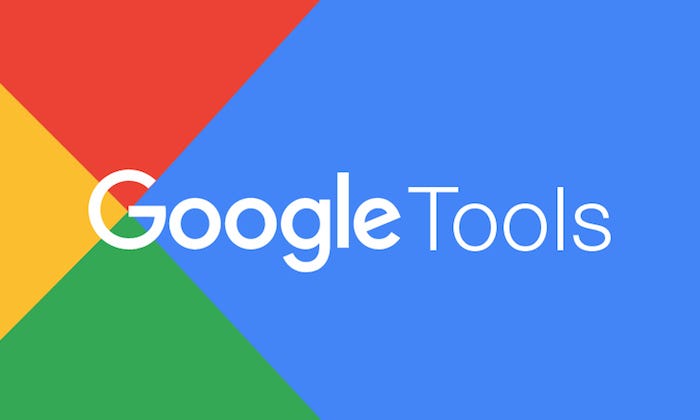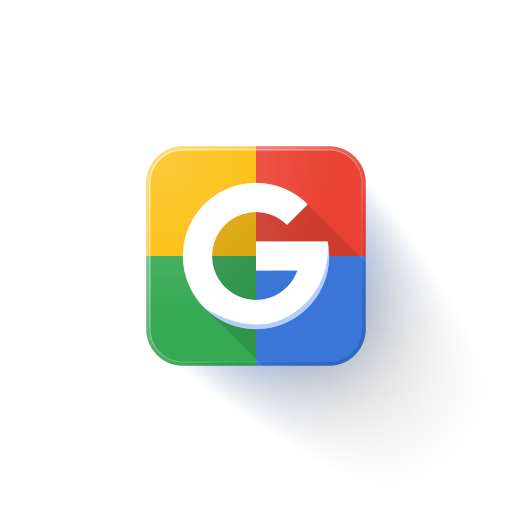Why This Stuff Actually Matters
Here’s the deal. Google isn’t trying to be your friend – they want your data and attention. But in exchange? They’re giving you business tools that would’ve cost thousands just a few years ago.
My accounting firm clients used to spend $2,000+ on separate email hosting, document storage, and video conferencing. Now? Google Workspace handles all that for $6 per user monthly. Do the math.
The Must-Have Google Tools (Starting With The Obvious Ones)

Google My Business – Your Digital Storefront
Okay, everyone knows about this one, but half of you probably set it up wrong.
Last month, I searched for “plumber near me” and found three businesses. Guess which one I called? The one with recent photos, updated hours, and actual responses to reviews. The other two? Looked abandoned.
Your Google Business Profile isn’t just a listing – it’s often the first impression potential customers get. And Google shows this stuff before your actual website in search results.
Quick wins:
- Post photos regularly (not just your logo)
- Update your hours during holidays
- Actually respond to reviews (yes, even the bad ones)
- Use the messaging feature
Google Workspace – Everything In One Place
Remember juggling Outlook, Dropbox, Skype, and whatever else? Those days are done.
Google Workspace puts your email, documents, calendar, and video calls under one roof. But here’s what most people miss – it’s the integration that makes it powerful.
Example: Client emails you a contract. You edit it in Google Docs, share it with your team for feedback, schedule a meeting to discuss changes, then hop on Google Meet to finalize everything. All without switching platforms or losing files.
The core tools:
- Gmail with your business domain
- Drive for file storage and sharing
- Docs, Sheets, Slides for creating stuff
- Meet for video calls that don’t suck
- Calendar that syncs everywhere
Pro tip: Start with the basic plan. You can always upgrade later.
Google Analytics – Know Your Numbers
Look, I get it. Analytics feels overwhelming. All those graphs and percentages and weird terminology. But ignoring your website data is like running a restaurant blindfolded.
Google Analytics 4 (the new version) tells you:
- How many people visit your site
- Which pages they actually read
- Where they’re coming from
- What makes them buy (or leave)
Don’t try to understand everything at once. Start with these three reports:
- Traffic overview (how many visitors)
- Top pages (what people actually read)
- Traffic sources (where people find you)
Google Ads – When You Need Customers Today
Organic marketing is great, but sometimes you need results right now. Maybe you’re launching a product, having a sale, or just need to hit this month’s numbers.
Google Ads puts you at the top of search results for specific keywords. Someone searches “emergency plumber” – boom, your ad shows up first.
Start small though. Like $10-20 daily budget small. Test what works, then scale up.
Google Search Console – Your SEO Command Center
This one’s free and most businesses completely ignore it. Big mistake.
Search Console shows you exactly how people find your website through Google search. Which keywords bring traffic, which pages rank well, and what technical problems might be hurting you.
Think of it as Google telling you how to rank better in their search results. Why wouldn’t you listen?
The Hidden Gems Most People Skip

Google Trends
Want to know what people are actually searching for? Google Trends shows you real-time search data.
I used this to help a fitness trainer time his online course launch. Searched for “home workout” trends and found January and September were peak months. Guess when he launched? January 1st. Sold out in three days.
Google Alerts
Set up alerts for your business name, competitors, or industry keywords. Google emails you whenever these terms get mentioned online.
It’s like having a personal assistant monitoring the internet for you. For free.
YouTube (Yes, It’s A Google Service)
Video isn’t optional anymore. People want to see who they’re buying from.
You don’t need fancy equipment. I know a mechanic who films basic car maintenance tips on his phone. His YouTube channel brings in 30% of his new customers.
Getting Started Without Losing Your Mind
Don’t try to set up everything at once. That’s a recipe for giving up after two days.
Week 1: Google Business Profile and Analytics Week 2: Consider Google Workspace (if you’re not there already)
Week 3: Set up Search Console Week 4: Maybe test Google Ads with a tiny budget
One tool at a time. Master it, then move on.
Mistakes I See Constantly
Setting up analytics and never checking it. Data doesn’t help if you ignore it. Check monthly at minimum.
Incomplete Google Business Profile. Add photos, descriptions, services – make it complete.
Ignoring reviews. Respond to them. Good and bad. People notice.
Analysis paralysis. Don’t get stuck researching. Pick something and start.
Real Talk About Costs
Most Google business tools start free. Google Workspace costs money ($6-18 per user monthly), and Google Ads obviously costs whatever you spend on advertising.
But compared to buying separate solutions for email, storage, analytics, advertising, and productivity? Google’s integrated approach saves money and headaches.
My dentist client was spending $400/month on various business software. Switched to Google tools and now spends $150/month total. Same functionality, better integration.
The Bottom Line
Google’s business tools aren’t perfect, but they’re good enough for most companies. And they work together in ways that separate tools never will.
Your competitors are probably using scattered, expensive solutions while you could be running circles around them with integrated Google tools.
Pick one service this week. Set it up properly. Use it for a month. Then add another one.
Stop overthinking it. Start somewhere.
[Link to: “Google Workspace Setup Service“] [Link to: “Local SEO Optimization“]
[Link to: “Business Analytics Consultation“]
Common Questions (Because Everyone Asks These)
Are Google tools actually free for businesses? Some are completely free (Business Profile, Analytics, Search Console). Others cost money but are cheaper than alternatives. Google Workspace starts at $6 per user monthly. Google Ads costs whatever you spend.
How fast will I see results? Depends what you’re doing. Google Ads can drive traffic immediately. SEO improvements take weeks or months. Business Profile updates usually show results within days.
Can small businesses really compete with big companies using these tools? Yeah, absolutely. Google levels the playing field. Small businesses often move faster and can optimize better than big corporations stuck in bureaucracy.
Do I need to be tech-savvy? Nope. Most Google business tools are designed for regular people. If you can use Facebook, you can figure out Google Analytics. Start simple, learn as you go.
What if I mess something up? Google has tons of help documentation. Plus, most settings can be changed later. Don’t let perfectionism stop you from starting.
